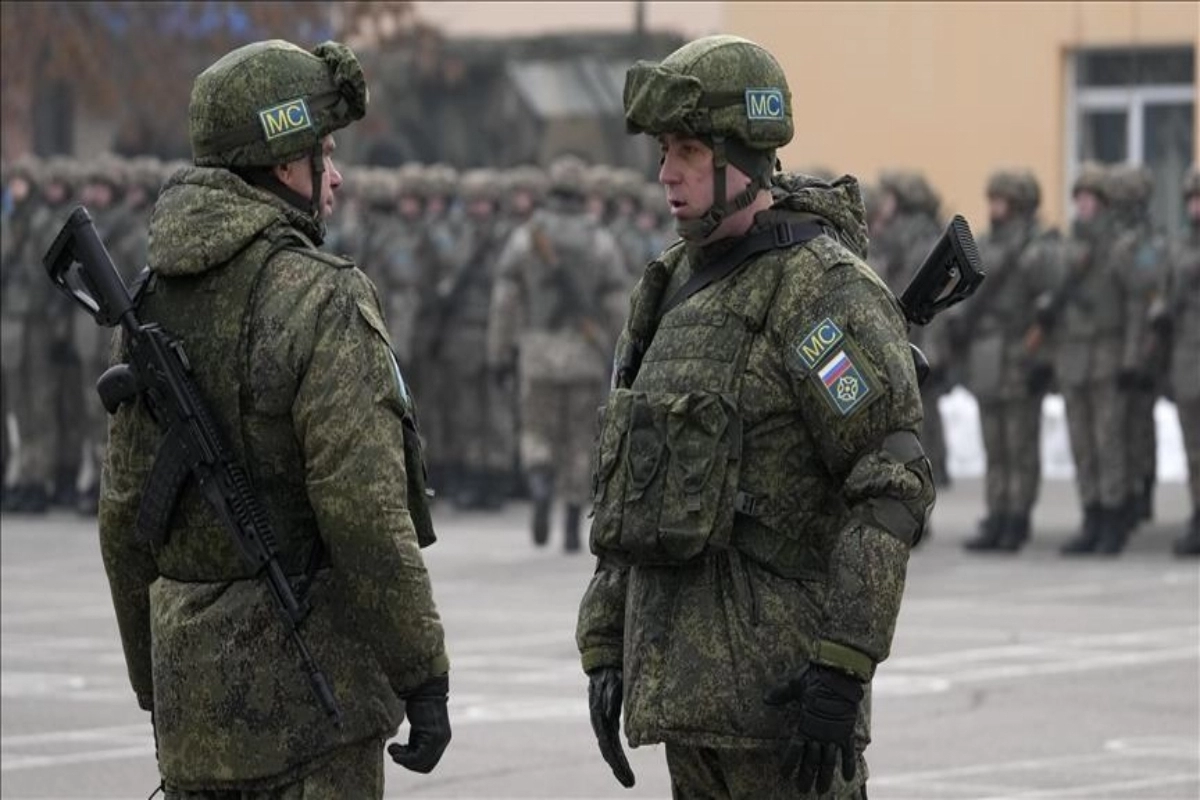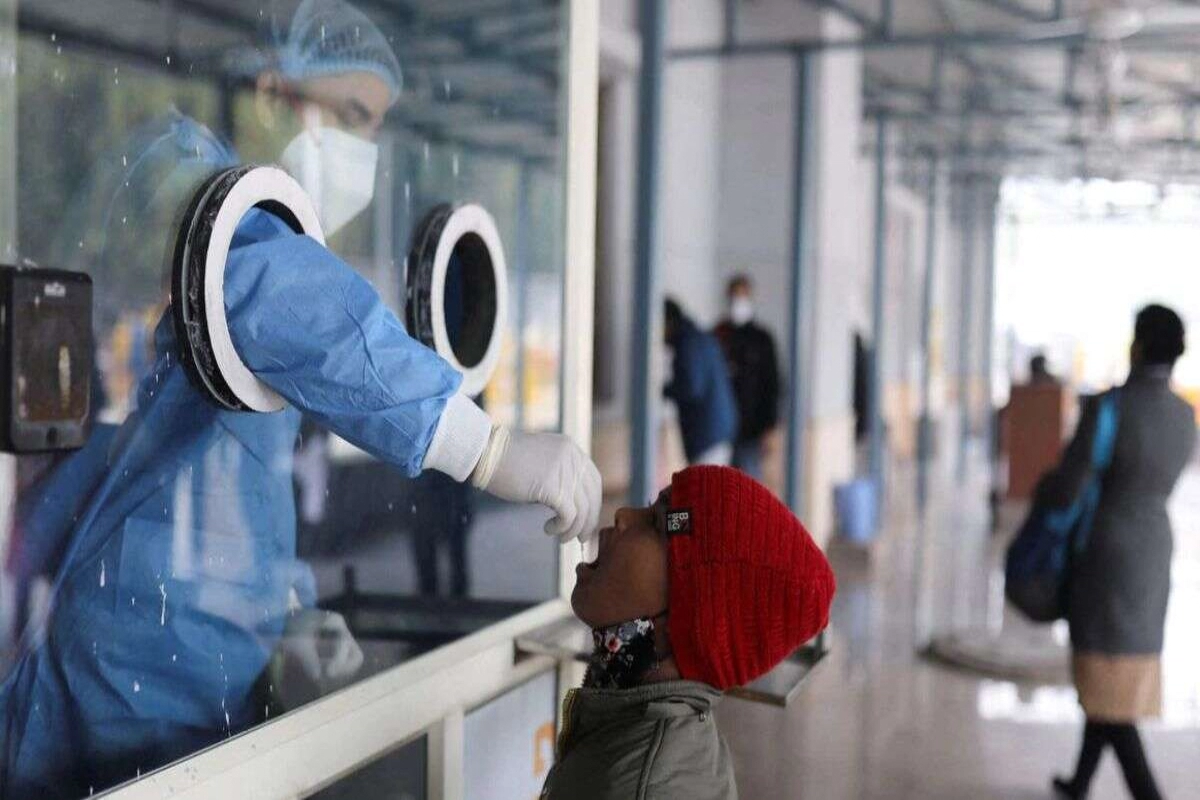The Russia-led Commonwealth of Independent States (CIS) grouping has once again reiterated the importance of strengthening the transport and logistics architecture of the Eurasian region via the International North-South Transport Corridor (INSTC) and its linking to Chabahar port in Iran being jointly developed by India. Why Russia needs India in this venture requires a detailed analysis.
The Commonwealth of Independent States is a regional intergovernmental organization in Eurasia. It was formed following the dissolution of the Soviet Union in 1991. Its prime functions are to coordinate its members’ policies regarding their economies, foreign relations, defence, immigration policies, environmental protection, and law enforcement. Armenia, Azerbaijan, Belarus, Kazakhstan, Kyrgyzstan, Moldova, Russia, Tajikistan and Uzbekistan are the member countries. Relations between India and countries of the CIS Region have remained close and cordial since the Soviet era.
The CIS leaders in a recent meeting in Saint Petersburg exchanged views on issues of further strengthening of multilateral cooperation of the member states and discussed issues related to regional and international cooperation of mutual interest.
The “informal” meeting was attended by Russian President Vladimir Putin, Azerbaijan President Ilham Aliyev, Armenia Prime Minister Nikol Pashinyan, Belarus President Alexander Lukashenko, Kazakhstan President Kassym-Jomart Tokayev, Kyrgyzstan President Sadyr Japarov, Tajikistan President Emomali Rahmon, Turkmenistan President Serdar Berdimuhamedov and President of Uzbekistan Shavkat Mirziyoyev.
Recapitulate results of 2022 and work out priority tasks for 2023
On a friendly note all sat down to recapitulate mutual collaboration results of 2022 and set priority tasks for 2023, the need for the formation of a full-fledged free trade zone in the CIS area and strengthening of interdependence in terms of transport and connectivity was reiterated.
It was largely discussed that a new strategic plan with set patterns of cooperation by member countries is of paramount importance to improve the efficiency of transport and logistics projects in the CIS. Here, the North-South international corridor is of particular significance, in which the Kazakhstan-Turkmenistan-Iran railway is an important transport artery,” Kazakhstan President Tokayev told the gathering.
“We know that the Russian Federation has also shown a pragmatic interest in the implementation of this project. Naturally, this is welcome,” the Kazakhstan President added.
Speedy launch of INST Corridor was emphasized
Tokayev was perhaps pointing to Putin’s call for the “speedy launch” of the International North-South Transport Corridor (INSTC) made at the Caspian Summit in Ashgabat in July earlier this year.
The 7200 km-long multimodal corridor will start from Mumbai
Putin spoke in detail about the 7,200 km-long, multimodal trade corridor which will start from Mumbai with nodes in West Asia, Central Asia, Caucasia and Russia covering large swathes of territory in landlocked Eurasia.
“The speedy launch of this corridor is intended to be facilitated by the agreement between the Caspian states on cooperation in the field of transport, which came into force last year, and is aimed at turning the Caspian Sea region into a major international logistics hub,” Putin said at the meeting which was significantly attended by Iranian President Ebrahim Raisi.
The Caspian Five (Azerbaijan, Iran, Kazakhstan, Russia, and Turkmenistan) had acknowledged the huge significance of the large-scale project which would eventually link the far-west Russian city, Saint Petersburg, to the ports of Iran and India.
Also Read: North Korea: North Korea’s Kim promises “exponential growth” of nuclear weapons as tensions rise
INSTC will promote economic interests of member countries
Besides, Turkmenistan also emphasized the importance of promoting the economic interests of the CIS member countries far from the geographical boundaries of the region.
First of all, transit transport infrastructures should be created, energy transmission routes should be expanded, and new communication and communication systems should be built,” insisted Turkmenistan President Serdar Berdimuhamedov.
~Here it is noteworthy to mention that Indian Prime Minister Narendra Modi has frequently called for exploring and exploiting the utmost potential of Chabahar port and the north-south corridor to unlock the economic capacity of the region~
India has quite often emphasized the importance of unlocking the region’s economic ambitions
India has maintained that Chabahar can not only unlock the region’s economic ambitions but also turn into one of the most important ports in the world shortly by becoming the gateway for trade with Europe, Russia, and CIS countries.
Tehran has already begun testing the INSTC connectivity routes with the successful completion of the first transit of goods from Astrakhan to Mumbai, a few months ago.
And now, since all the CIS countries have expressed the significance of promoting the INSTC connectivity while corroborating the Indian Prime Minister’s vision, the CIS advocates for India’s crucial participation and proactive support. Once the dream project envisioned by PM Modi is commissioned it will be the final ‘Nail in the Coffin’ of China’s Belt and Road initiative.
Also Read: Taiwan lends a helping hand to China over Covid outbreak
Keep watching our YouTube Channel ‘DNP INDIA’. Also, please subscribe and follow us on FACEBOOK, INSTAGRAM, and TWITTER












